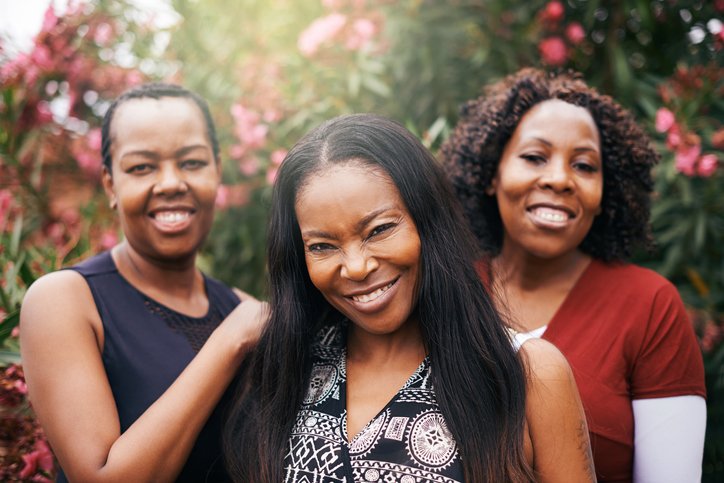Five Things Everyone Should Know about Siblings and Grief
The passing of a brother or sister is among life’s greatest losses. Particularly in adulthood, though, sibling loss tends to be a neglected form of grief.
The focus of support is usually on the surviving spouse and children, or on the parents who have lost their child, rather than on the brothers and sisters. Although it may receive little social acknowledgment, the loss of a sibling can affect us in many ways. Here are five important things everyone should understand about siblings and bereavement.
There are many unique elements involved in sibling loss.
Aside from deep feelings of grief, a number of psychological aspects can come into play. For better or worse, our siblings are part of our history and they represent important pieces of our formative years. Common memories, childhood experiences, and family history are among the significant things we share. When a brother or sister dies, it takes away those connections to the past. A constant in life is gone, leaving a vacuum that can create feelings of anxiety and insecurity. A shared genetic background may increase concerns about our own mortality. The death of a sibling can also create profound shifts in the family dynamic, such as being suddenly thrust into the role of an only child. In short, losing a sibling changes everything.
Our culture tends to under-appreciate sibling grief.
The loss of an adult sibling is often a significant one that carries with it a profound sense of loss. It is valid and important. But when an adult dies, our society mistakenly believes that the parents, spouse, and children of the person who died suffer the greatest loss. We seem to think siblings are affected less. But the truth is, the more deeply we are connected to someone, the more difficult his or her death is.
Feelings of guilt are common.
Siblings have a special and complex relationship. It can be close and intimate, distant and formal, or anything in between. While we are growing up, they are friends and enemies, as well as teammates and competitors. We play with our siblings and we fight with them, too. We share our parents’ love and we compete for it. We enjoy being part of a family while we struggle to become individuals. In the face of sibling loss, it’s not unusual to reflect on every negative interaction and wish we could have a do-over. We may also feel regret if the relationship was not what we wanted it to be. In this situation, we grieve not only for what we had and lost but also for what we never had.
Self-care often takes a back seat—but it shouldn’t.
Amid the pain of losing someone so dear to us, basic needs like sleeping, eating, exercising, or connecting with our spouse and kids can go by the wayside. We try hard to hold it all together. If our parents are still alive, we may focus on them because they are struggling with the immense pain of losing their child. Instead, we should accept that this experience is also emotionally draining for us. We need time for healing, too. It is important that we not only take care of our physical health but also our mental health. Seek and accept support from a trusted friend, family member, or mental health professional if needed.
Love does not end with the passing of a brother or sister. Siblings share an eternal bond. It is impossible to fully appreciate the influence they have on our lives until they are gone.
The pain of sibling loss is very real. Be sure to get emotional or professional support if you feel overwhelmed. Our caring funeral directors are always here to assist you, too. Please reach out to us anytime.
About Vaughn Greene Funeral Services: For more than 20 years, Vaughn Greene Funeral Services has been providing a ministry of care to Baltimore’s African American community. As a leading local, minority- and family-owned provider, we promise to provide our highest level of service and respect to families who entrust us to honor their loved ones. For more information, please call us at 410.655.0015 or visit us online at https://vaughncgreene.com/.








Comments